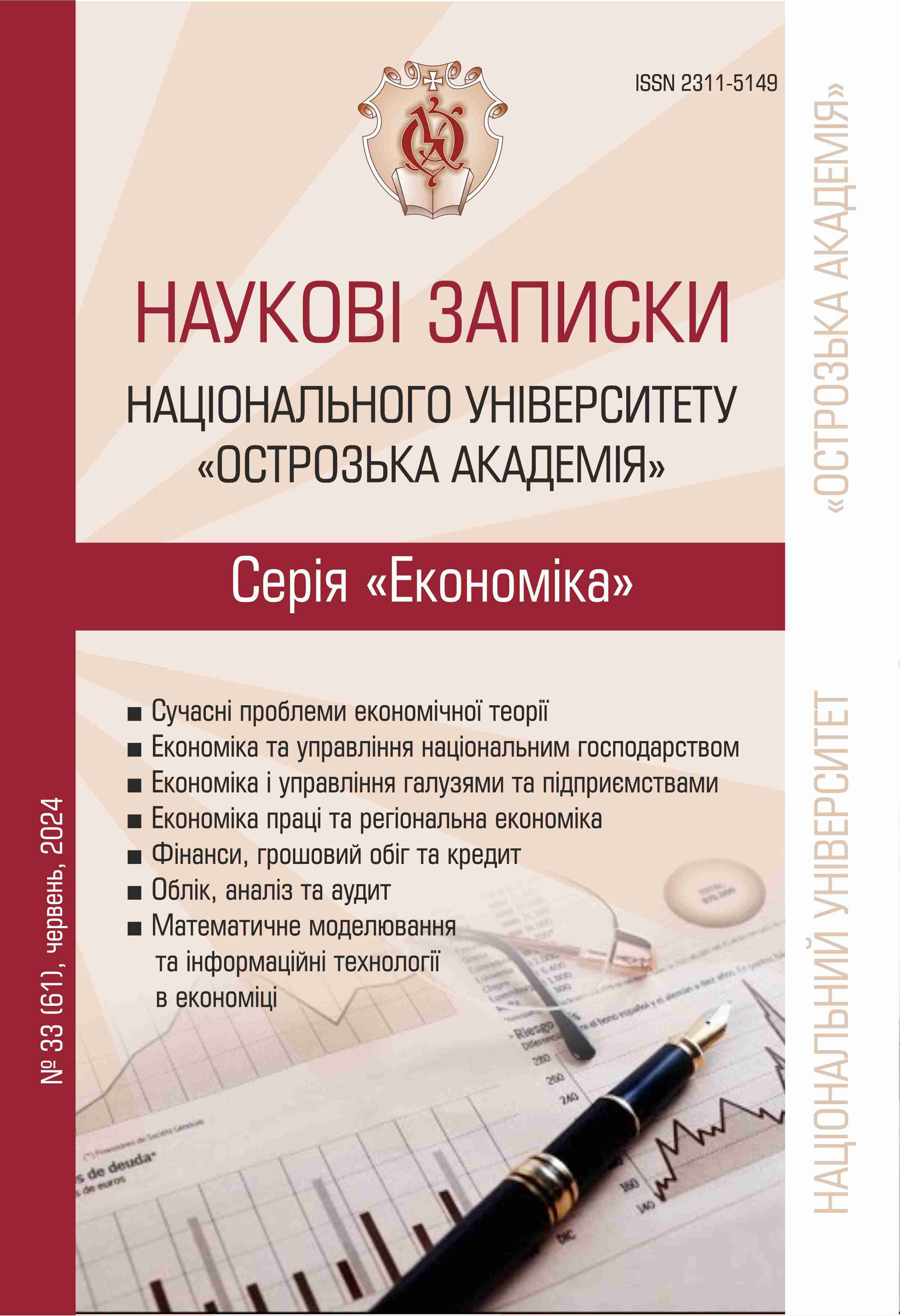THE NEWEST PARADIGM OF ACCOUNTING: LINGUISTIC APPROACH
DOI:
https://doi.org/10.25264/2311-5149-2024-33(61)-88-93Keywords:
accounting as language, linguistic theory of accounting, accounting semiotics, Sapir-Whorf hypothesisAbstract
Language serves as a unique tool for communication, coordination, and organization across all spheres of public activity, including production, services, households, education, science, and culture. Recognizing accounting as the universal language of business, not only formally but also through the utilization of linguistic tools and the activation of linguistic relativism, can lead to the formation of a new architecture in the accounting paradigm and enhance the information-communication system of an enterprise. The aim of this article is to outline the conceptual principles of the modern accounting paradigm through the utilization of a linguistic approach.
Taking into account symbols and rules as fundamental linguistic attributes, accounting can be defined as a language and explored based on theories and methods applied in the study and enhancement of language. The functions of accounting, considering the linguistic approach, should be supplemented by communicative functions, which involve facilitating the process of information exchange and addressing the interests of stakeholders. The distinctiveness of this function from informational lies in establishing feedback with stakeholders to thoroughly understand their inquiries and execute them most effectively. The interpretation of the Sapir-Whorf hypothesis confirms that accounting is a language, the mastery of which enables the evaluation of situations, comprehension of processes of financial indicator formation, and adoption of more efficient managerial decisions.
The linguistic toolkit and linguistic relativism of accounting as a language deepen the conceptual foundations of forming a modern accounting paradigm and stimulate its development towards establishing communication links with users and shaping an accounting worldview, thereby providing a broader information base for making managerial decisions.


